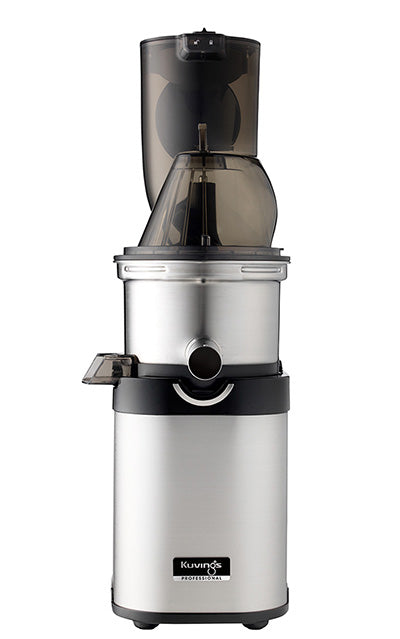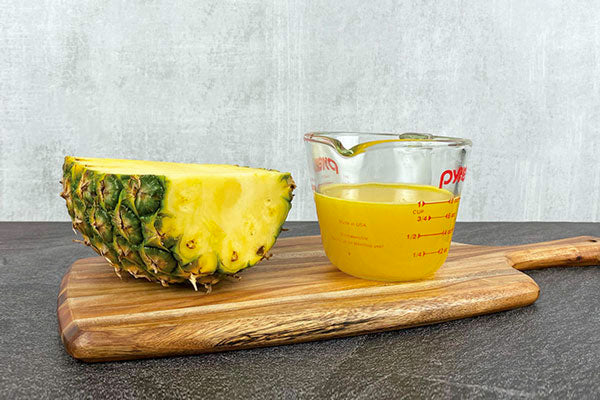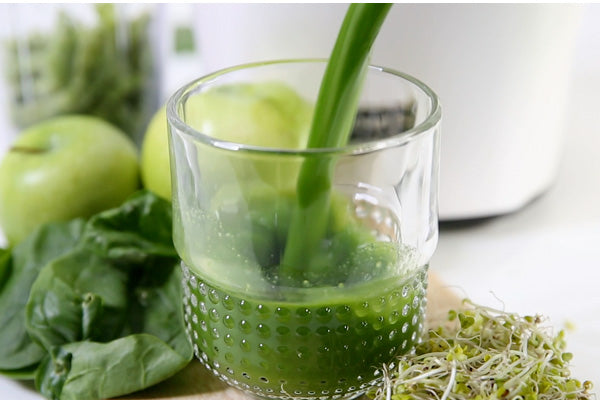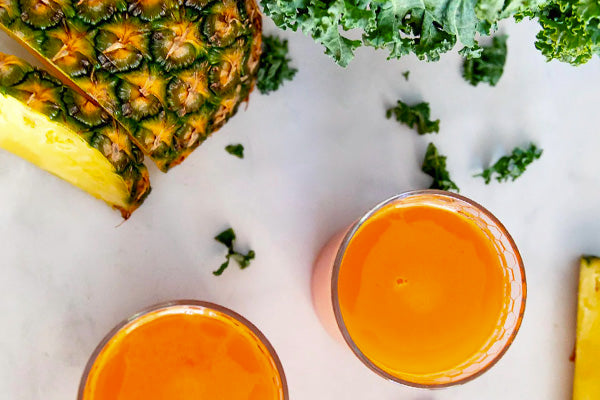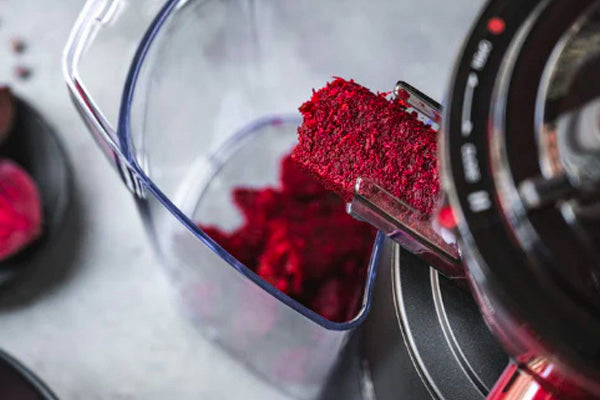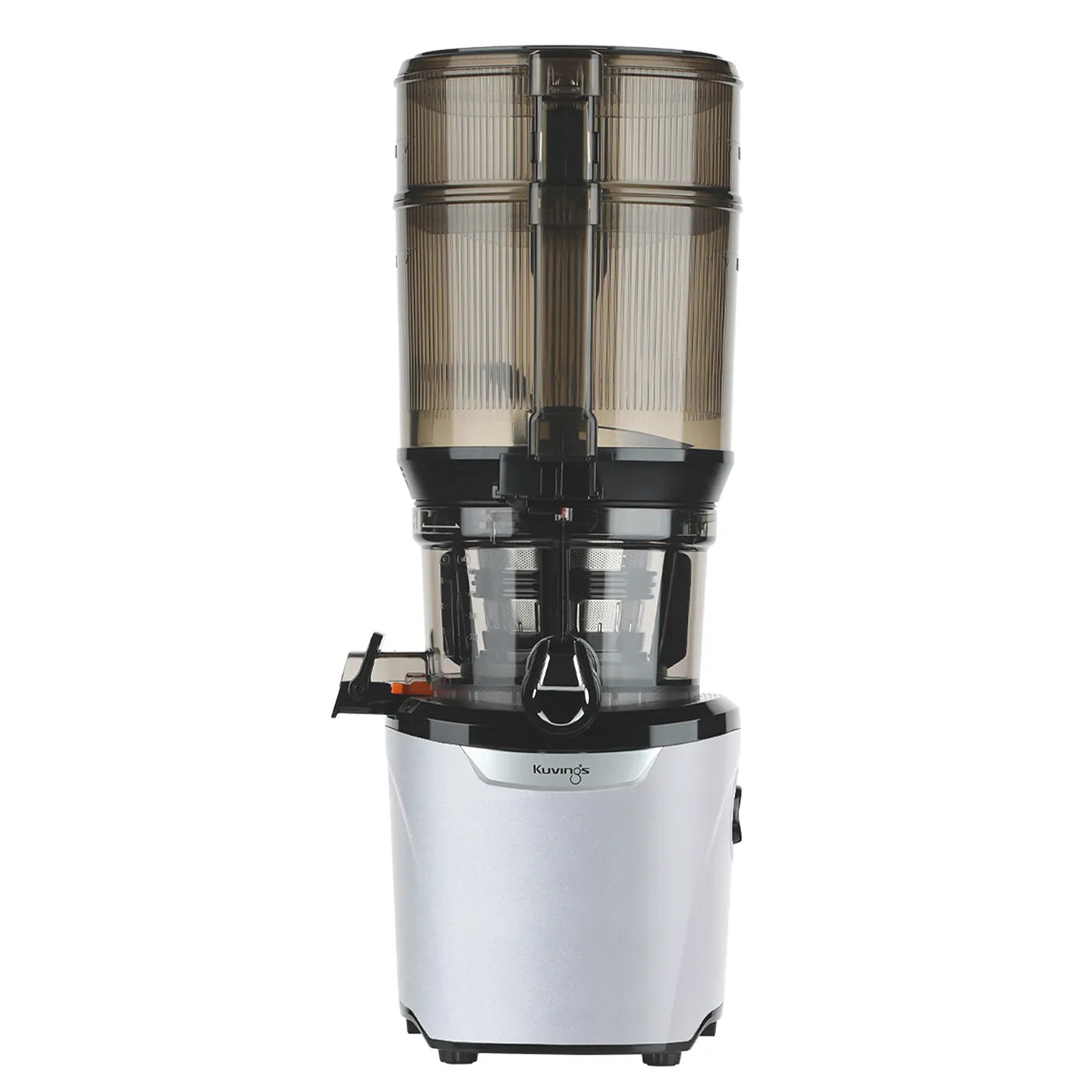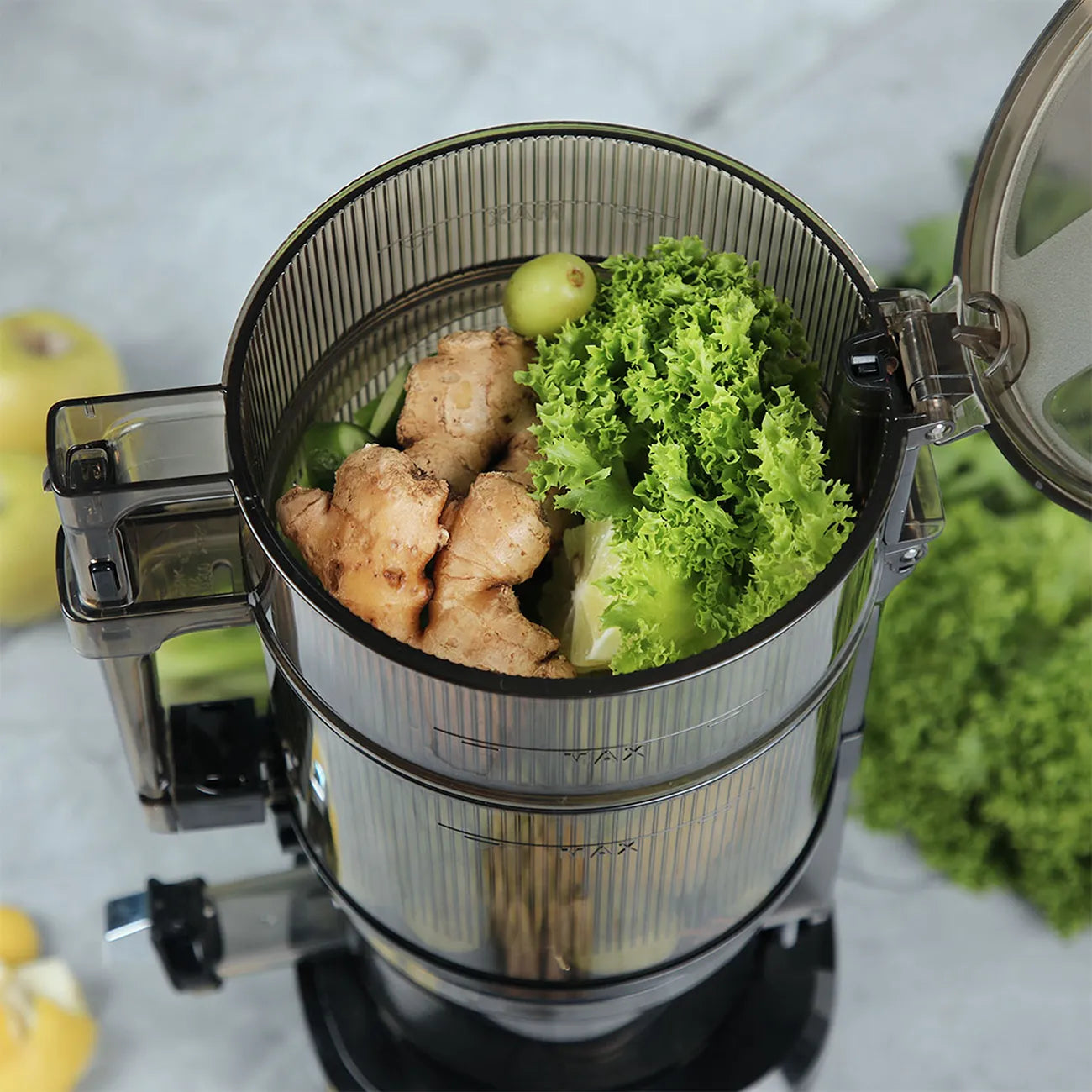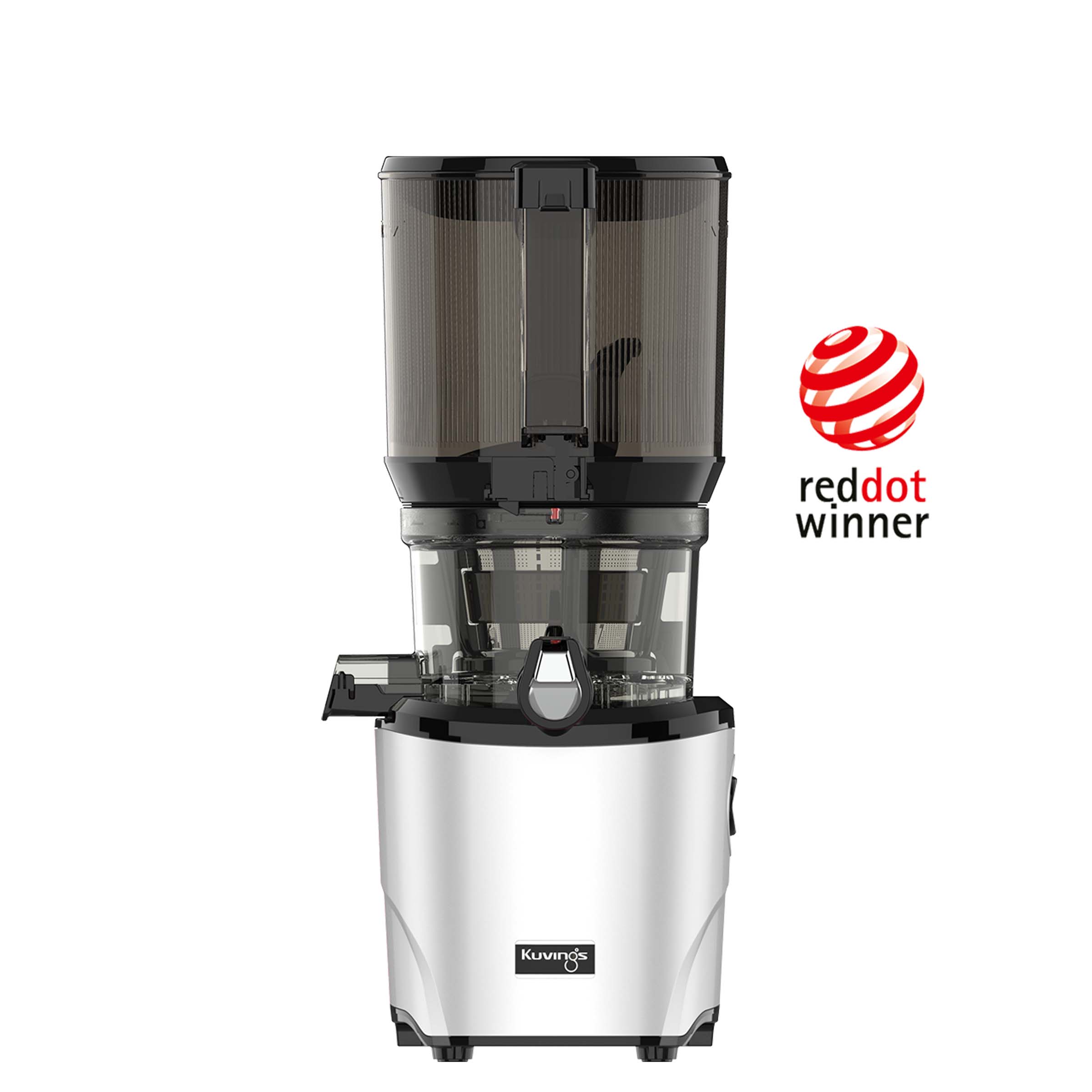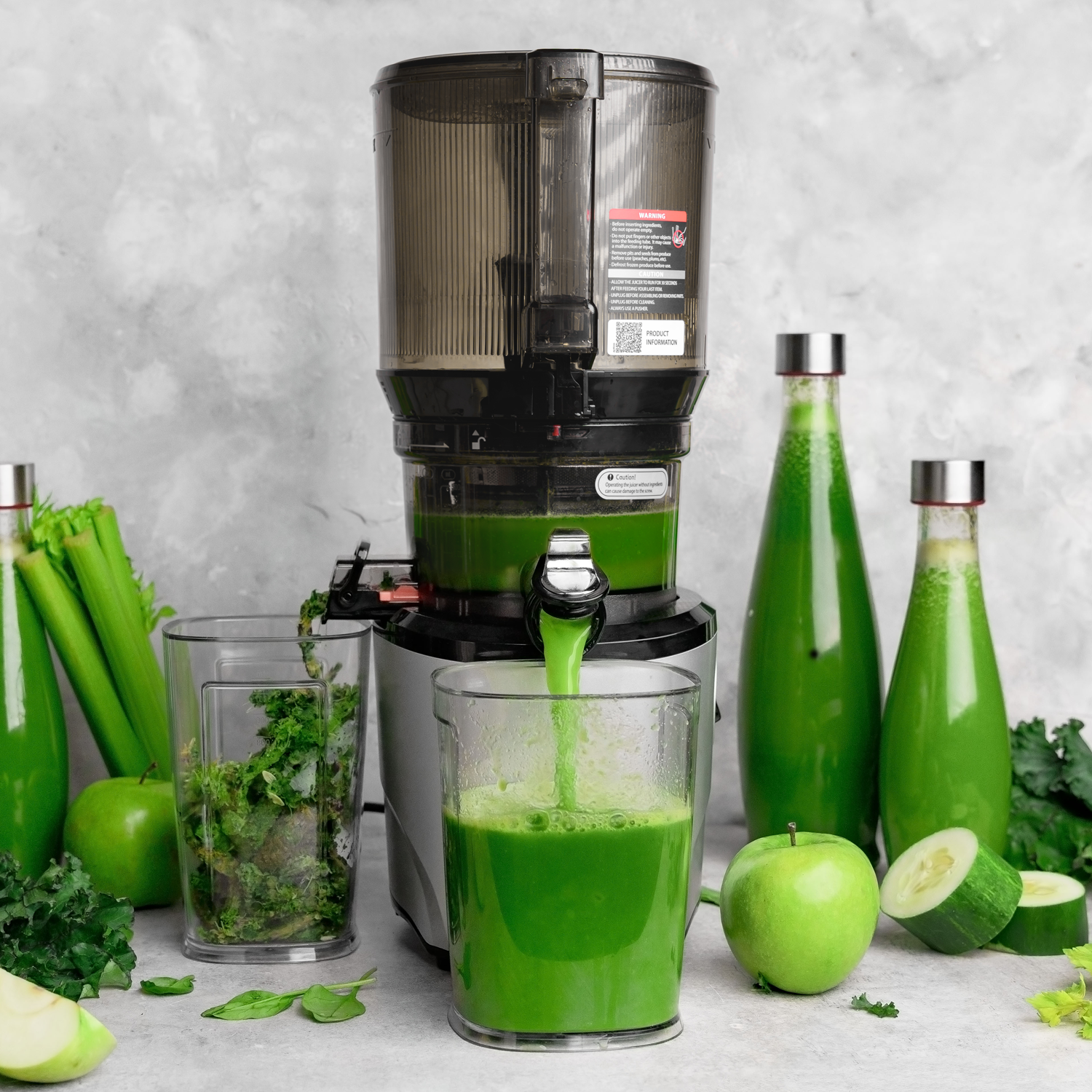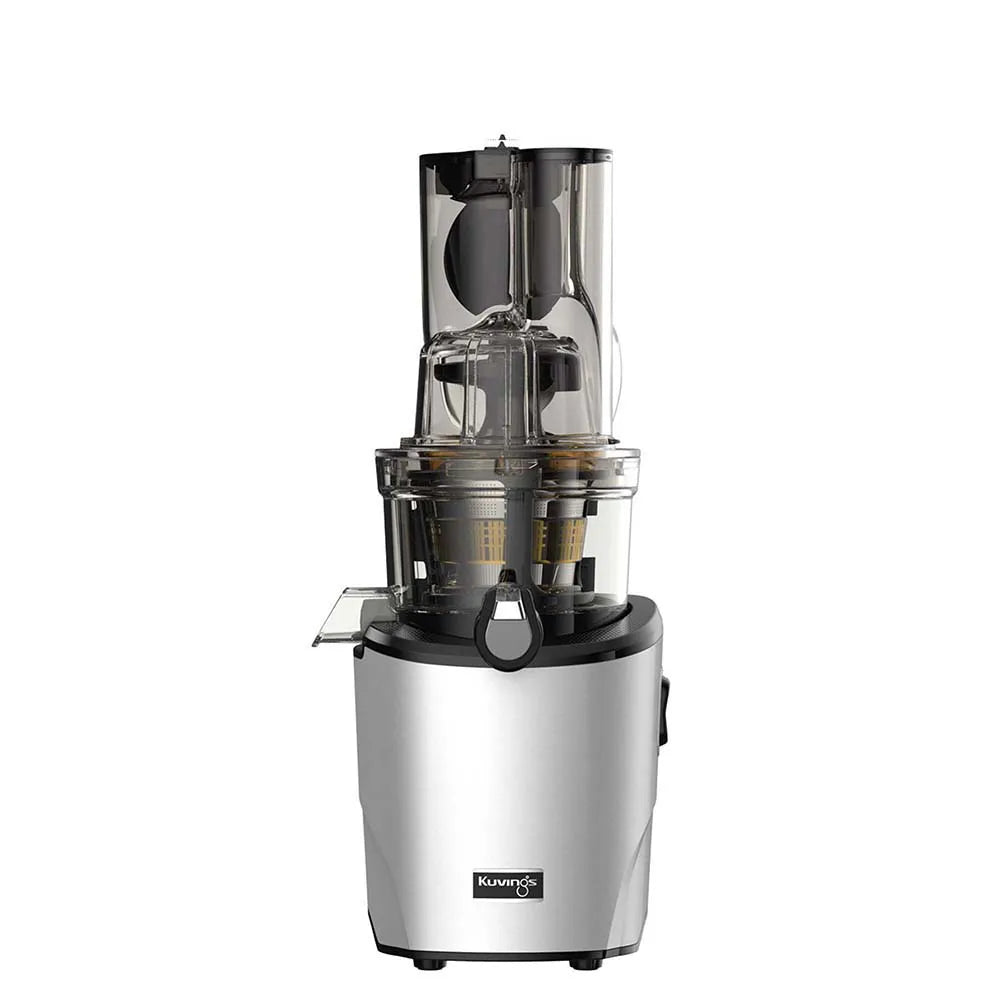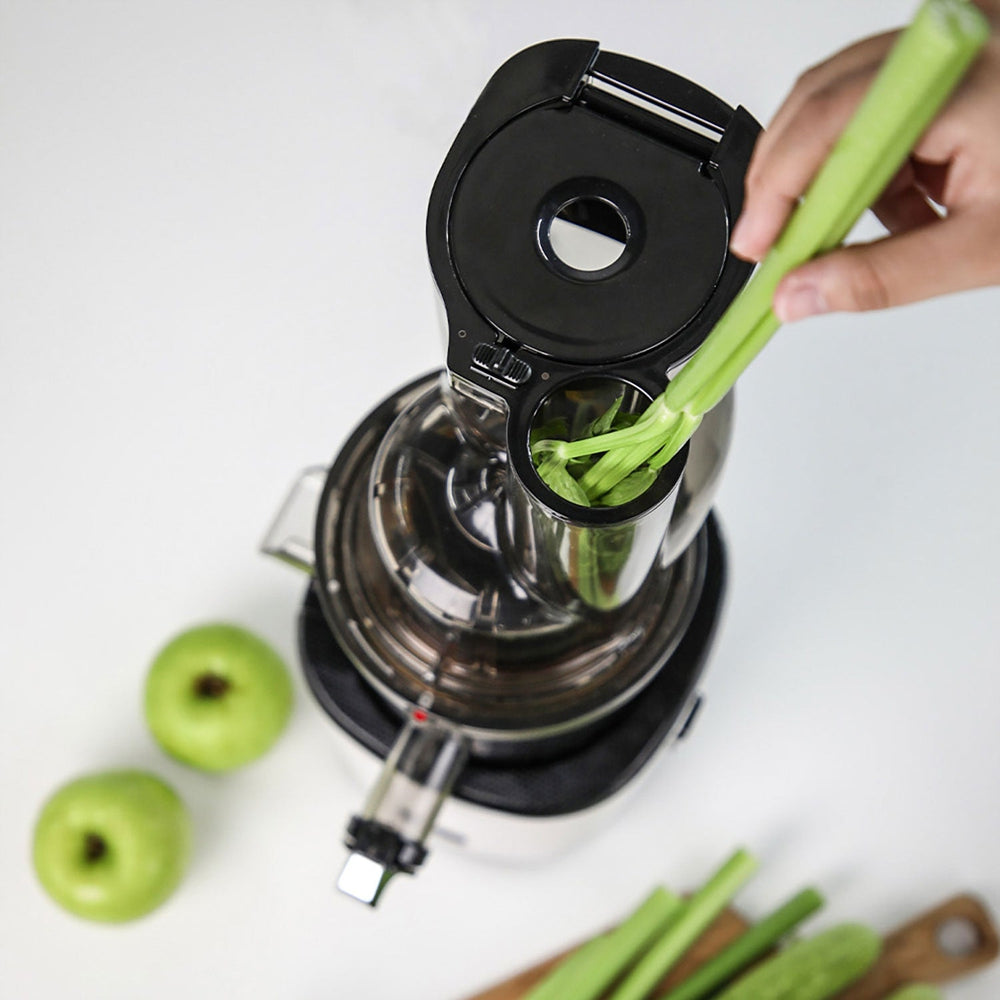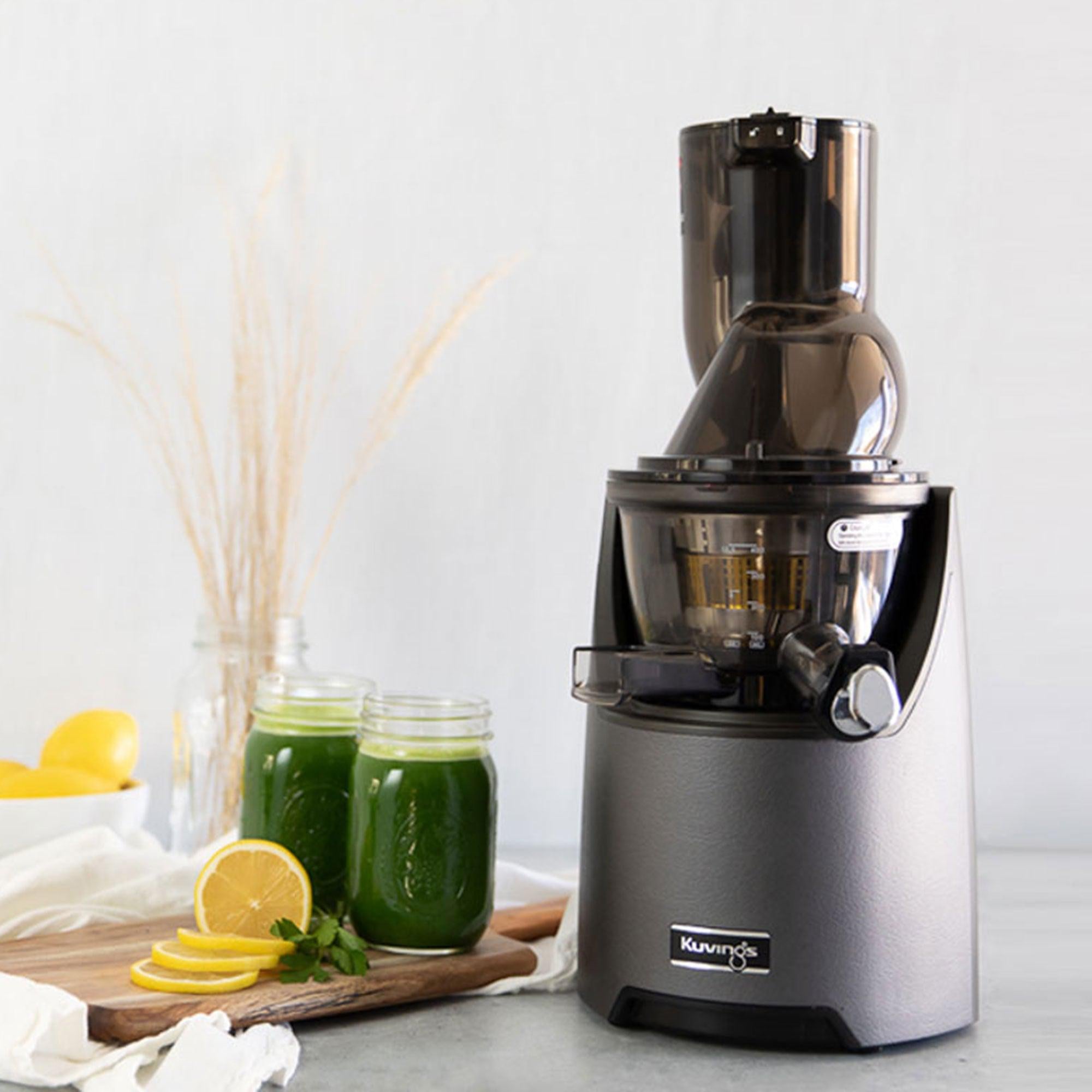Heart-healthy diets, like the Mediterranean diet, continue to gain popularity in the United States. This isn't surprising when you consider that heart disease is the leading cause of death in America.
It’s an alarming statistic, but here’s some good news: you can support your heart with the food you consume. To keep your ticker in tip-top shape, try incorporating these 8 heart-healthy fruits and vegetables into your diet.
You can turn these ingredients into cold pressed, heart-healthy juice with your Kuvings Whole Slow Juicer.
1. Beets Can Beat High Blood Pressure
This root vegetable helps fight against the root of many heart problems: high blood pressure. The nitrates in beets help lower blood pressure, which can reduce the risk of heart failure.
You can drink pure beet juice to maintain a healthy heart, or try this no-sugar-added beet lemonade.
2. Green Vegetables Reduce Inflammation
Spinach, kale, broccoli, collard greens—these green vegetables contain carotenoids, plant pigments that act as antioxidants in the human body. Increasing your green veggie intake can help reduce inflammation, which has been linked with improved heart health.
Green vegetables power your body with valuable vitamins and minerals, especially artery-protecting vitamin K. They also contain nitrates, which help keep blood pressure down.
Try kale juice or spinach juice to get your daily dose of greens in a surprisingly tasty way.
3. Pomegranates Go With The Flow
Antioxidant-rich pomegranates help fight chronic inflammation, which may be linked to heart disease. The ruby-red fruit contains anthocyanins and polyphenols, which have a positive effect on cholesterol levels.
Additionally, studies have shown that pomegranate juice can help reduce high blood pressure and improve blood flow to the heart. Gently separate the seeds before juicing, and process one spoonful at a time for best results.
4. Berries Battle LDL Cholesterol
Loaded with antioxidants, berries have been shown to help prevent heart disease by reducing LDL cholesterol (“bad” cholesterol) as well as inflammation.
In particular, anthocyanins, which give berries their distinct color, can decrease blood pressure.
There are a variety of berries to consume for heart health, such as blueberries, strawberries, blackberries, and raspberries. Berries can be enjoyed in juice, sorbet, and smoothies.
5. Carrots Control Clotting
Carrots are full of heart-healthy vitamins A, K, and C. These vitamins help ward off heart disease and control blood clotting.
Carrot juice also contains potassium, an important mineral for regulating blood pressure.
6. Avocados Lower Blood Pressure
Rich in flavor, texture, and health benefits, avocados are especially good for the heart. They’re full of monounsaturated fat, a healthy fat that can lower LDL (“bad”) cholesterol levels. Like carrots, avocados are also high in potassium, which helps lower blood pressure.
Avocados are a welcome addition to both sweet and savory dishes. Mash them up to make guacamole, or place slices on salad and toast. They also create extra-creamy smoothies and frozen treats, like this avocado ice cream.
7. Tomatoes Take On Heart Disease
Tomatoes are packed with lycopene, a plant pigment that gives them their red color. Lycopene is an antioxidant that helps prevent heart disease through cholesterol regulation. Tomatoes also contain heart-healthy antioxidants, potassium, and vitamins C and K.
The folate (vitamin B9) and vitamin E in tomatoes and tomato juice can also help support cardiovascular health.
8. Citrus Stabilizes Cholesterol
The soluble fiber and flavonoids in citrus fruits—oranges, grapefruit, limes, and lemons—can balance cholesterol levels. Their high vitamin C content can also help lower the risk of heart disease.
These nutrients can be absorbed by your body quickly through juice. You can start with something as simple as orange juice, then expand your palate with grapefruit juice and green lemonade (featuring a vegetable also rich in vitamin C: spinach).
It’s important to note that grapefruit may interfere with cholesterol-lowering medication, so please consult your doctor before consuming grapefruit or grapefruit juice.
There are many delicious heart-healthy foods to eat, more than we could fit into one list! In addition to eating plenty of fruits and vegetables, get at least 30 minutes of exercise a day, and talk to your doctor about improving your heart health.
Want to consume fruit and veggies in an easy, delicious way? Shop Kuvings Whole Slow Juicers to start juicing your way to a healthier lifestyle.



